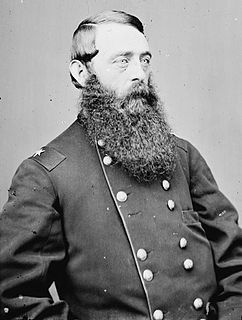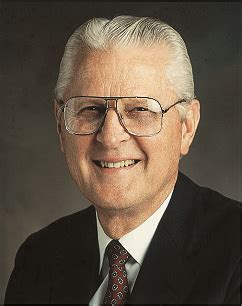A Quote by C. S. Lewis
There are no ordinary people. You have never talked to a mere mortal. Nations, cultures, arts, civilizations--these are mortal, and their life is to ours as the life of a gnat.
Related Quotes
There are no ordinary people. You have never talked to a mere mortal. Nations, cultures, arts, civilizations - these are mortal, and their life is to ours as the life of a gnat. But it is immortals whom we joke with, work with, marry, snub and exploit - immortal horrors or everlasting splendors. This does not mean that we are to be perpetually solemn. We must play. But our merriment must be of that kind (and it is, in fact, the merriest kind) which exists between people who have, from the outset, taken each other seriously - no flippancy, no superiority, no presumption.
I don’t think there is any such thing as an ordinary mortal. Everybody has his own possibility of rapture in the experience of life. All he has to do is recognize it and then cultivate it and get going with it. I always feel uncomfortable when people speak about ordinary mortals because I’ve never met an ordinary man, woman, or child.
There are no ordinary people. You have never talked to a mere mortal.... Next to the Blessed Sacrament itself, your neighbor is the holiest object presented to your senses. If he is your Christian neighbor he is holy in almost the same way, for in him also Christ verse latitat - the glorifier and the glorified, Glory Himself, is truly hidden.
Mortal beauty often makes me ache, and mortal grandeur can fill me with that longing...but Paris, Paris drew me close to her heart, so I forgot myself entirely. Forgot the damned and questing preternatural thing that doted on mortal skin and mortal clothing. Paris overwhelmed, and lightened and rewarded more richly than any promise.
It must be granted that in every syllogism, considered as an argument to prove the conclusion, there is a petitio principii. When we say, All men are mortal Socrates is a man therefore Socrates is mortal; it is unanswerably urged by the adversaries of the syllogistic theory, that the proposition, Socrates is mortal.
In every grave on earth's green sward is a tiny seed of the resurrection life of Jesus Christ, and that seed cannot perish. It will germinate when the warm south wind of Christ's return brings back the spring-tide to this cold sin-cursed earth of ours; and then they that are in their graves, and we who shall lie down in ours, will feel in our mortal bodies the power of His resurrection, and will come forth to life immortal.
We have been told mankind will be judged on the intent of the heart. No mortal can see into the depth of another. There is only One who can. His is the role of a judge-not ours. If you are prone to criticize or judge, remember, we never see the target a man aims at in life. We see only what he hits.

































